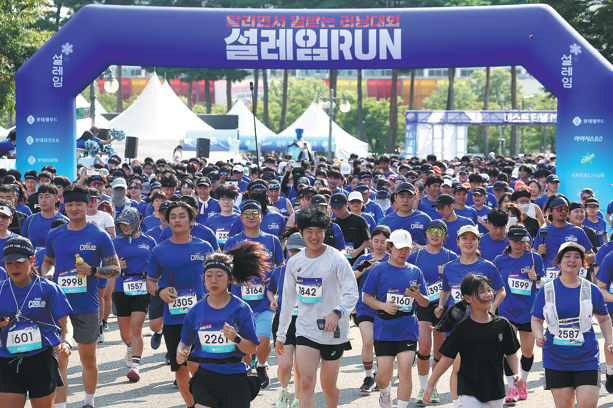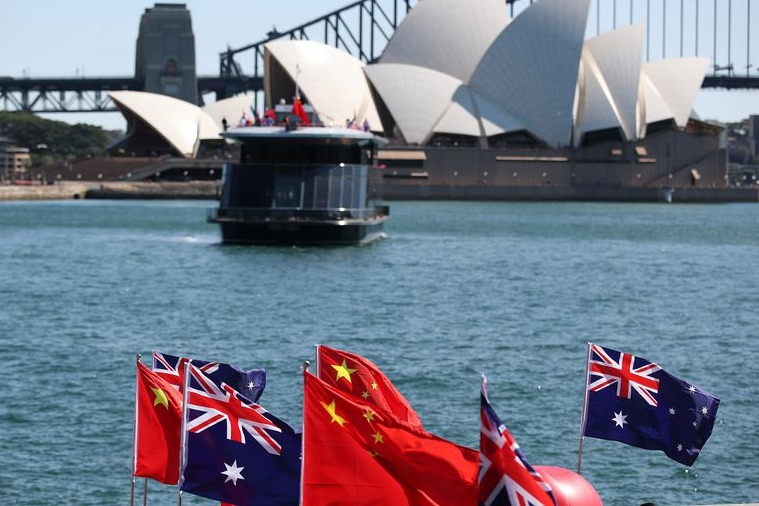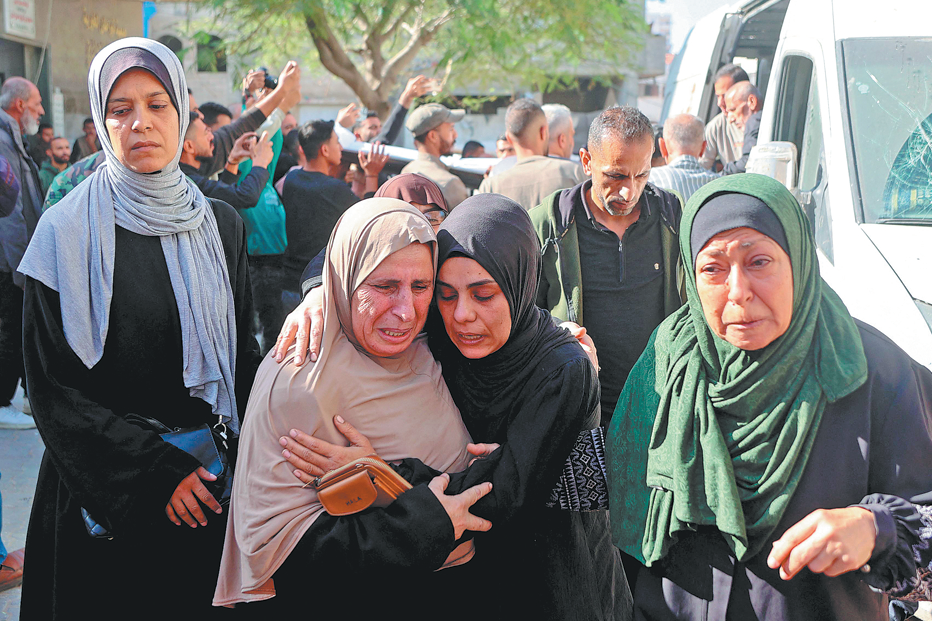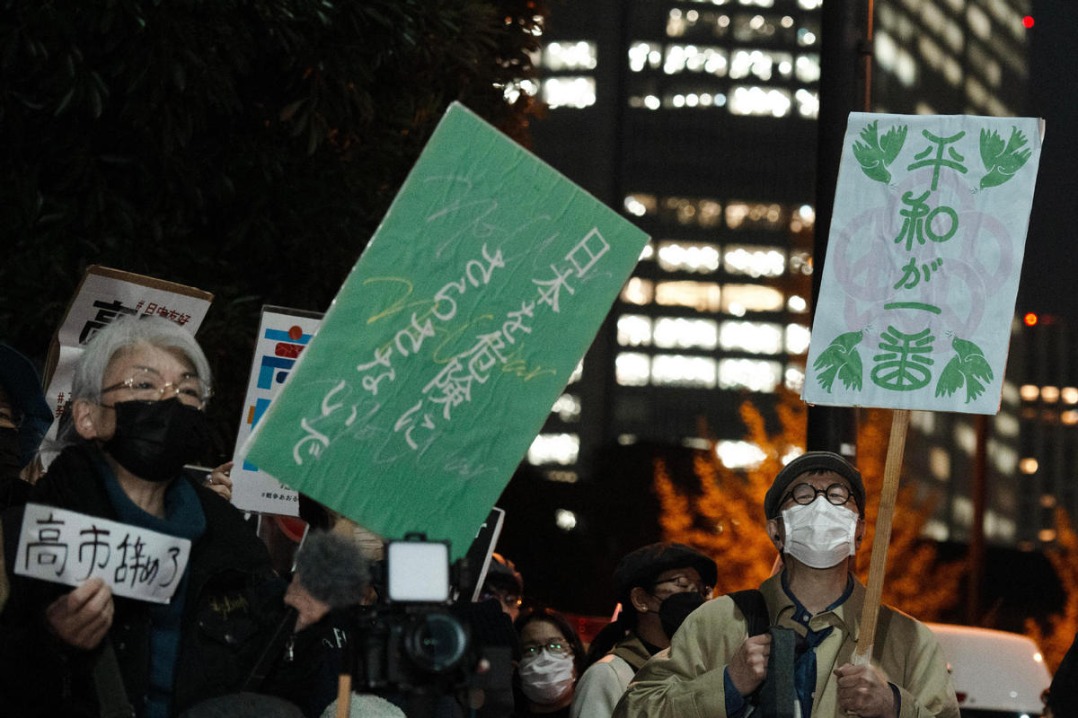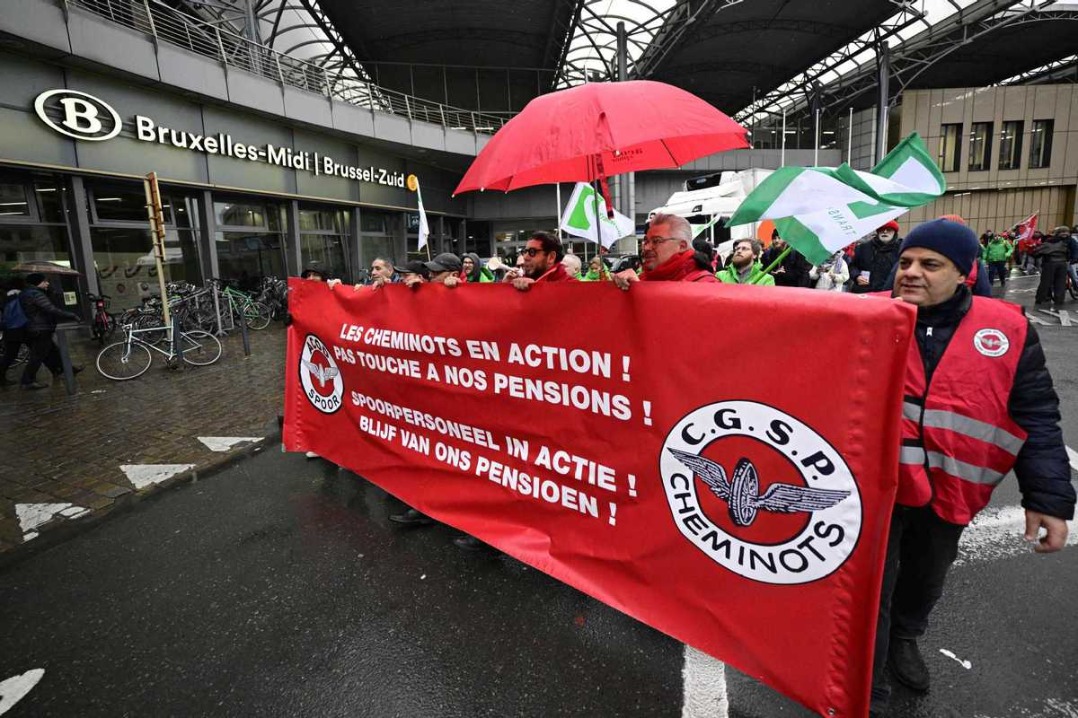Marathon mania in Seoul leaves locals fuming

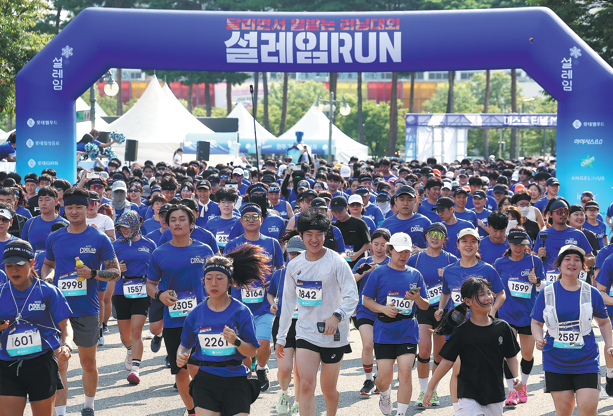
As running becomes one of South Korea's fastest-growing pastimes, Seoul is facing a new challenge: a marathon calendar packed so tightly that major roads are blocked almost every weekend, prompting widespread complaints that the city's fitness fever is pushing everyday life off course.
Streets in central districts, from Gwanghwamun and Jongno to the Han River bridges, have been repeatedly shut down for early-morning events that funnel tens of thousands of runners through the city's most heavily trafficked corridors.
On Nov 16, a large-scale race, hosted by a local group, drew an estimated 30,000 participants. The course required step-by-step traffic control, and diversion of buses and vehicles throughout the morning.
For many residents and workers, however, it was a growing strain.
"It's good to run for health, but it shouldn't come at the expense of ordinary citizens," said Kim Keonho, 72, who found himself rerouted Sunday morning.
"The roads are all closed, but there's little guidance on where to go. Elderly people struggle with the subway stairs, and yet that's the only option they are told to use. It's frustrating."
Overseas tourists are also caught off guard.
"I have been waiting for the bus for 20 minutes now," said a 24-year-old visitor from Vietnam. "The sign says it is coming soon, but the time never changes. I don't know which roads are restricted. There's not enough information for foreigners."
Data show a steep rise in both events and complaints.
National data submitted to Representative Park Jeong-ha showed that the number of marathons held in South Korea surged from 19 events in 2020 to 49 in 2021 and then 254 in 2024, with more than 1 million participants, representing an increase of more than thirteen-fold in four years.
With the trend, the frustration grew. According to Seoul city figures, public complaints related to marathon traffic disruptions increased from 15 in 2021 to 69 in 2022, 498 in 2023 and 461 in 2024. Through September this year, 350 complaints had already been filed.
"In the past, marathons were special events you would see once in a while," said a cafe owner in Jongno, who wished to use only her surname, Lee.
"Now it feels like every weekend. Customers call to ask whether they can even reach the store. It affects business more than people realize."
Online communities have begun tracking upcoming races so residents can avoid blocked areas, while some citizens are calling for the city to impose limits on how frequently major roads can be closed.
The fact that public resources and administrative powers are being put into privately organized events also draws public scrutiny.
Much of the expansion has been driven by private hosts who treat marathons as major revenue-generating events. Participation fees can reach 70,000 to 100,000 won ($48 to $69), supplemented by corporate sponsorships.
Despite those earnings, it is the police who shoulder the burden of traffic control. Over the last three years, 36,212 police officers were deployed to manage road closures for 807 marathon events nationwide. Police officials say they do not receive cost reimbursement from organizers.
Amid rising pushback, Seoul Mayor Oh Se-hoon has said he is reviewing measures such as earlier start times and secured detour routes to minimize inconvenience.
The Korea Herald, South Korea
















